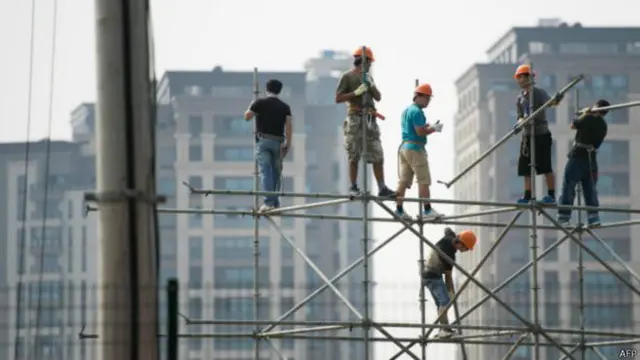The visit of Russian Prime Minister Dmitry Medvedev to Beijing this week is one small data point in an upward curve of high-level contacts and growing cooperation between these two Asian giants, whose past relations were not always friendly.
The rapid growth of ties is part of a long-term trend. For their part, Kremlin leaders have been talking about a "pivot to Asia" for over a decade.
But Russia's crisis in relations with the West since 2014 made it urgent, including the imposition of tough sanctions against Russia over its Ukraine policies. A great deal of the accelerated activity of the past three years can be traced to Russia's disaffection with its former European trading partners and a epochal shift of mood among Russians who now see their country's future lying more in an Eastern orientation than a Western one.
Russian Prime Minister Dmitry Medvedev shakes hands with Chinese President Xi Jinping during a meeting in Moscow, Russia, July 4, 2017. /Reuters Photo
Medvedev's visit will focus on nuts-and-bolts bilateral issues, especially how Russia can get on board with China’s One Belt, One Road initiative.
Economic cooperation between the two has been moving beyond the traditional exchange of Russian energy and arms for Chinese consumer goods for some years now, including engineering and high tech cooperation that has huge implications for the future shape of the global economy.
That includes a joint venture between the two countries' leading aircraft firms to develop a wide-bodied long-haul commercial jetliner to compete directly with Boeing and Airbus.
Other areas where future growth of ties may be anticipated include nuclear energy, high-speed rail, agribusiness, auto manufacture, real estate and e-commerce.
Indeed, bilateral trade turnover has been expanding rapidly and looks set to reach $80 billion this year. That makes China the biggest single trading partner Russia has, and also the fastest-growing trade relationship in the world.
Russian President Vladimir Putin (L) greets Chinese Foreign Minister Wang Yi during a meeting at the Kremlin in Moscow on May 25, 2017. /Xinhua Photo
For much of the post-Soviet period, Russia had been eager to integrate with the West, both politically and economically.
That conviction has been fading for over a decade, with at least some Russian experts arguing that the world's new economic powerhouse lies in Asia, particularly China, and that Russia's vast Eurasian expanse positions it to act as a bridge - both figuratively and literally - between Europe and the Far East.
During the first decade of this century, however, trade relations developed mainly with the European Union, with trade turnover hitting $300 billion in 2013. In practice, Russian big business sold energy to Europe and imported from there everything from agricultural products to automobiles.
That synergy has been disrupted by the geopolitical crisis that erupted in 2014. Western sanctions over the Moscow's Ukraine policies didn't just harm Russian economic development, they disillusioned Russians with the very idea of partnership with the West.
Increasingly they choose to look east for business partners who don't impose sanctions, or deliver stern lectures on human rights as part of economic negotiations.
A 2014 public opinion poll, carried out as the Russia-West crisis reached its peak, by NORC at the University of Chicago, clearly illustrates this turnaround among Russians.
Unfavorable views of the United States among average Russians doubled between 2012 and 2014, to 65 percent. Attitudes toward the European Union also declined sharply, with an "unfavorable" view of the EU going from 11 percent to 49 percent over those two years.
However, Russian public perceptions of China improved markedly, from 41 percent holding a "favorable" view in 2012 to 58 percent two years later. Just five percent of Russians expressed an "unfavorable" attitude toward China.
Asked in the same survey who they see as more "ally" than "adversary", 71 percent of Russians said they regard China as an "ally"; an equal proportion saw the EU as an "adversary" and almost 90 percent said the same of the US.
A major historic shift is clearly underway, though it may be hard to see amid the details of day-to-day news headlines.
Russia had been developing for many years in a Westward-facing orientation, as the economic hinterland of Europe. One day, perhaps in the not too distant future, we may awake to find that Russia has completed a 180-degree turn, and is facing solidly East.
(CGTN)
 简体中文
简体中文



